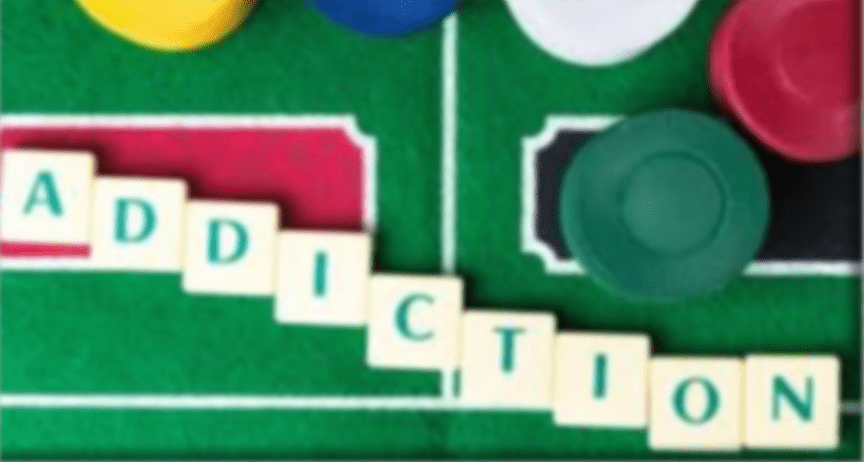A gambling addiction can only be diagnosed through interviews and detailed scientific questionnaires. During the first interview, a doctor, psychologist, or staff member of an addiction counselling centre may ask the following questions, for example:
- Do you gamble several times a week and do you have a strong inner urge to gamble?
- Have you ever gambled away all the money you had in your bank account?
- Have you ever played down or concealed gambling from your partner or friends (also with the help of white lies)?
- Have you ever tried to stop gambling and found it difficult?

If the questions are partially or completely answered with “yes”, it is probably a gambling addiction. In order to make a diagnosis, other aspects are clarified.
Establishing the diagnosis of gambling addiction
According to the Diagnostic and Statistical Manual of Mental Disorders (DSM), a person has a gambling addiction if at least four of the following criteria apply (if fewer criteria apply, there is at least one problem gambling behaviour, depending on the severity):
- The amount of money staked in gambling is increasingly increased in order to achieve the desired thrill.
- The affected person feels restlessness/irritability when he/she reduces gambling or tries to stop.
- Attempts to reduce or stop gambling fail every time.
- The person concerned is very often mentally preoccupied with gambling.
- Gambling also serves to suppress negative feelings such as anxiety, dejection, or personal problems.
- If the person concerned makes a loss, he or she tries to compensate for it by gambling again and chases after supposed new winnings (experts speak of chasing).
- The person concerned covers up the extent of his gambling behaviour and the number of his debts by lying and/or playing it down.
- The person concerned has endangered or lost his/her job and/or important relationships (family, friends) through gambling.
- The person concerned tries to get money for gambling through loans, loans from family or friends, or also through criminal actions (e.g. theft).
- The affected person asks others to pay his gambling debts and thus be helped out of a jam.
Test for gambling addiction
Tests are offered on the internet to help recognize a gambling addiction. A serious online self-test can be found on the website of the BZgA initiative, “Don’t gamble your life away”.
Caution: An online test can in no way replace a diagnosis by a psychologist or doctor. Those affected should, therefore, in any case also have a personal conversation at an addiction counselling centre, in psychotherapeutic practice, or in a clinic.
In addition, addicts are often not honest (with themselves) when they take an online test and may play down some answers. After all, it is not easy to admit addiction; those affected have feelings of shame and guilt. Some also do not want to give up gambling completely.
Even when talking to a psychologist or doctor, some addicts try to play down the extent of their addiction, but in contrast to the online test, the expert can recognize this during the conversation and sensitively address any contradictions. Because only if the addicted person honestly admits his addiction and really has the will to end it, he can get away from gambling addiction.